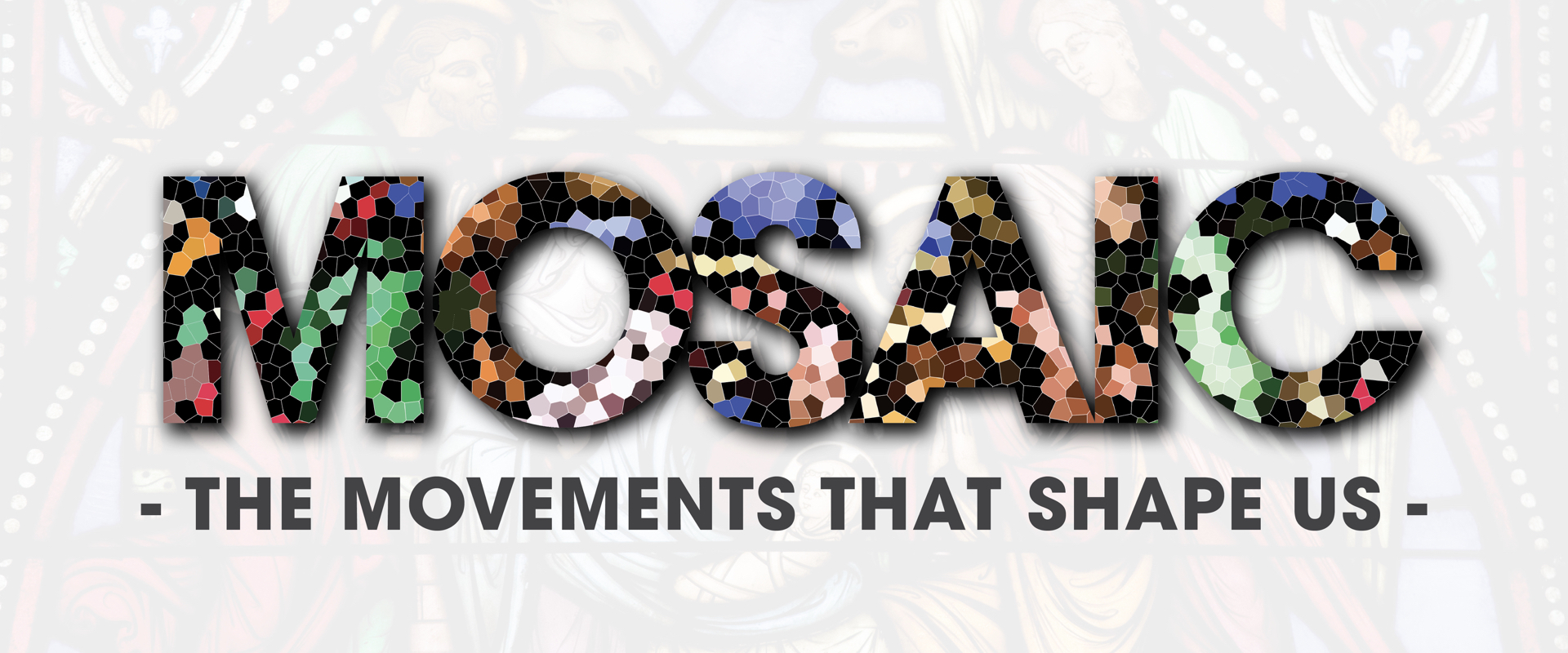In the next six weeks, the challenge for us as a church is to take a close look at the six great traditions of the Christian faith. These are six streams that all flow out of the life of Jesus and exist in the church regardless of place and culture.
I’ve wanted to do something like this for a while because I hope it will accomplish a couple of things for us. One, there’s something about seeing and appreciating the ways in which Jesus unites his followers across time and culture. There’s potential here for us to be strengthened and encouraged as we attempt to follow Jesus now. And two, I want to see each of us deliberately put parts of these traditions into practice. Exactly what I put into practice may differ from what you put into practice, but in doing so, we will – together – be noticeably transformed.
Contemplative – Holiness – Charismatic – Social Justice – Evangelical – Incarnational
I suspect many of us, at our best, long for a richer, fuller practice and experience of the presence of God. The Contemplative Stream of Christian life and faith can show us the way into exactly this kind of intimacy and closeness with God. I don’t think anything is more striking in Jesus’ life than his quiet communion and connection with the Father. It’s the core of who he was and everything he accomplished.
Very truly I tell you, the Son can do nothing by himself; he can do only what he sees his Father doing because whatever the Father does the Son also does.
John 5.19
This practice of communion and ongoing prayer weaves its way through Jesus’ life. As Jesus was baptized, he was praying. In preparation for choosing the twelve disciples, he went to the mountain alone and spent the night in prayer. After an exhausting evening of healing the sick and casting out demons, Jesus got up early in the morning and went out to a deserted place to pray. He was praying alone when he was prompted to ask his disciples, “Who do you say I am?” It was after he finished praying that the disciples asked him to teach them to pray. And Jesus taught the disciples to come to God in the most intimate of ways saying, “Abba, Father.”
Jesus spent intense times of solitude on many occasions. He often withdrew to the rugged wilderness to pray. He went up on mountaintops alone to listen to God. He lived and worked praying. Jesus only heard and did what the Father said and did.
There’s a verse in 1 John that captures the practice and posture of resting in God’s love and presence.
God is love. Whoever lives in love lives in God and God in them. This is how love is made complete among us so that we will have confidence on the day of judgment: in this world, we are like Jesus. There is no fear in love. But perfect love drives out fear because fear has to do with punishment. The one who fears is not made perfect in love.
1 John 4.16b-18
The contemplative tradition emphasized God’s great love for us and the invitation we each have to respond with love toward God. To be contemplative, it doesn’t mean you have to go live in the desert and wear scratchy hairy shirts and be a monk. It means you make the love of God your main and only object in life. The contemplative life, put simply, is the steady gaze of the soul upon God who loves us.
So here’s the challenge. Find new ways to be with God. Be intentional. Be creative. Take a walk and just listen. Turn off the radio while driving to work in the morning. Slowly read a passage in the Bible, praying as you feel the Spirit’s stirring. And remember, it’s about an on-going practice of God’s presence, a God who meets us everywhere.


This is so, so good Matt! Thank you for writing these…. I’m finding them very helpful and calming in a very challenging time in life. Again, thank you. You are truly appreciated.
In Him,
Kim Coats